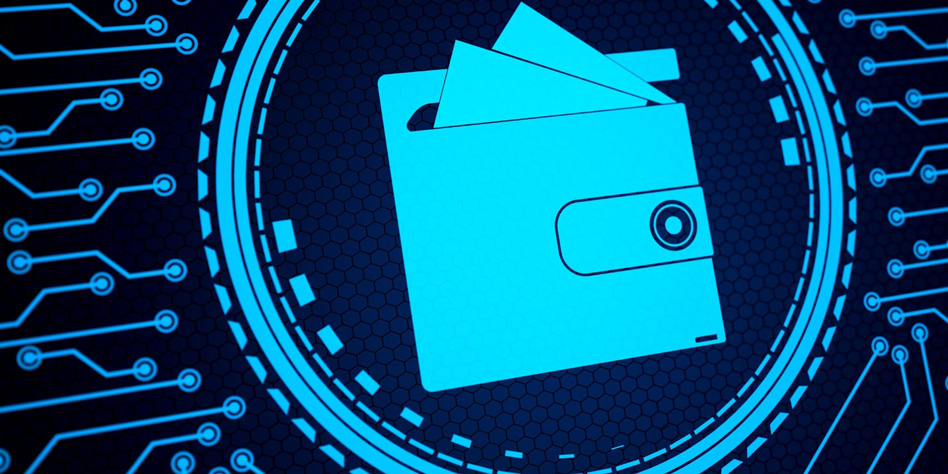
A Monero wallet is a software, application, online page, or device that lets you store, send/buy, and receive XMR. Some keep a list of all your transactions and may have additional features, such as XMR mining software and address books. Choosing the right Monero wallet is just as critical as keeping your Monero transactions safe. As more law-abiding crypto enthusiasts choose Monero for the privacy it guarantees, the number of XMR wallets is also growing. Here are the different types of wallets to serve as your guide to choosing the right XMR wallet for your needs.
Paper wallet
A paper wallet is a safe, secure storage for your Monero. It is safe because you can “keep” your XMR offline. Simply write or print your public address or public key, private spend key, private view key, and mnemonic seed on paper. These keys may be generated from the Monero wallet generator found at getmonero.org. Make three copies of the paper wallet and secure them in different places. If you lose your paper wallet, you cannot recover your XMR.
You can use the same mnemonic key when you decide to get a software and/or hardware wallet. The major drawback that a paper wallet has is you will need a web wallet, like XMRWallet.com, to send XMR. You can receive XMR anytime, even if you are online, but sending is not possible.
Monero GUI Wallet
This Monero wallet is the official desktop wallet of Monero, developed by the Monero community. Both beginners and advanced users can use this. Its features include a merchant page for businesses accepting XMR payments, availability for Windows, macOS, and Linux, and supports over 30 languages. You can send AND receive XMR, unlike a paper wallet. It is a full node wallet, so you will need to download the complete Monero blockchain and constant synchronization. This will take up a lot of computer memory and resources, but will enable you to mine XMR.
Hardware wallet
Next to paper wallets, hardware wallets are the most secure places to store your XMR. A hardware wallet is a device that looks like a USB thumb drive where you can store your private keys. The operating system in these wallets is set up that only certain sections go online in order to transmit and communicate with the blockchain. Hackers cannot grab your private keys. If you keep your recovery passphrase to yourself or in another secure location, thieves will not have access to your XMR. Security experts advise you keep the bulk of your digital assets in a hardware wallet, but it comes at a high price.
Ledger Nano - Both Ledger Nano X and Nano S support more than 1,100 cryptocurrencies, including Monero. The Nano X has more memory space, a larger display, and can be operated through a smartphone using the Bluetooth function. Nano S is more affordable compared to Nano X, but has fewer features. You will need the Monero GUI wallet for Monero transactions.
Trezor Model T – The Model T is the only hardware wallet with a colored touchscreen that supports Monero. It has a fast processor for smoother operation and a card slot for a Micro-SD. Just like Ledger, you need the Monero GUI wallet to send and receive XMR.
Software wallet
A software wallet may be a downloadable application, software program, or webpage where you can store and manage your XMR. It is often free and may be used on your desktop, smartphone, or tablet. Convenience and availability are the obvious benefit of software wallets. There are security risks, though, because you need to be online to use these. It is also best to choose a non-custodial one so that only you hold the keys.
Edge - is a mobile wallet for both Android and iOS. Aside from Monero, it supports 17 other cryptocurrencies. Its edge on other mobile wallets is the ability to transfer US dollars or euros to the wallet and buy Monero. For multiple mobile device owners, you can use Edge from all your devices with one account. It is free, but you will have to choose a username, password, and set up a PIN for security.
Online Wallet
XMRWallet.com – XMRWallet is a safe, free monero wallet that allows you to send and receive Monero instantly on the blockchain, while remaining in control of your XMR and keys. It is an open-source app, which enables you to use Monero without requiring you to download any software. It is very user-friendly and has multiple language support. Registration is not required. Create your account now and take advantage of everything XMRWallet offers.
